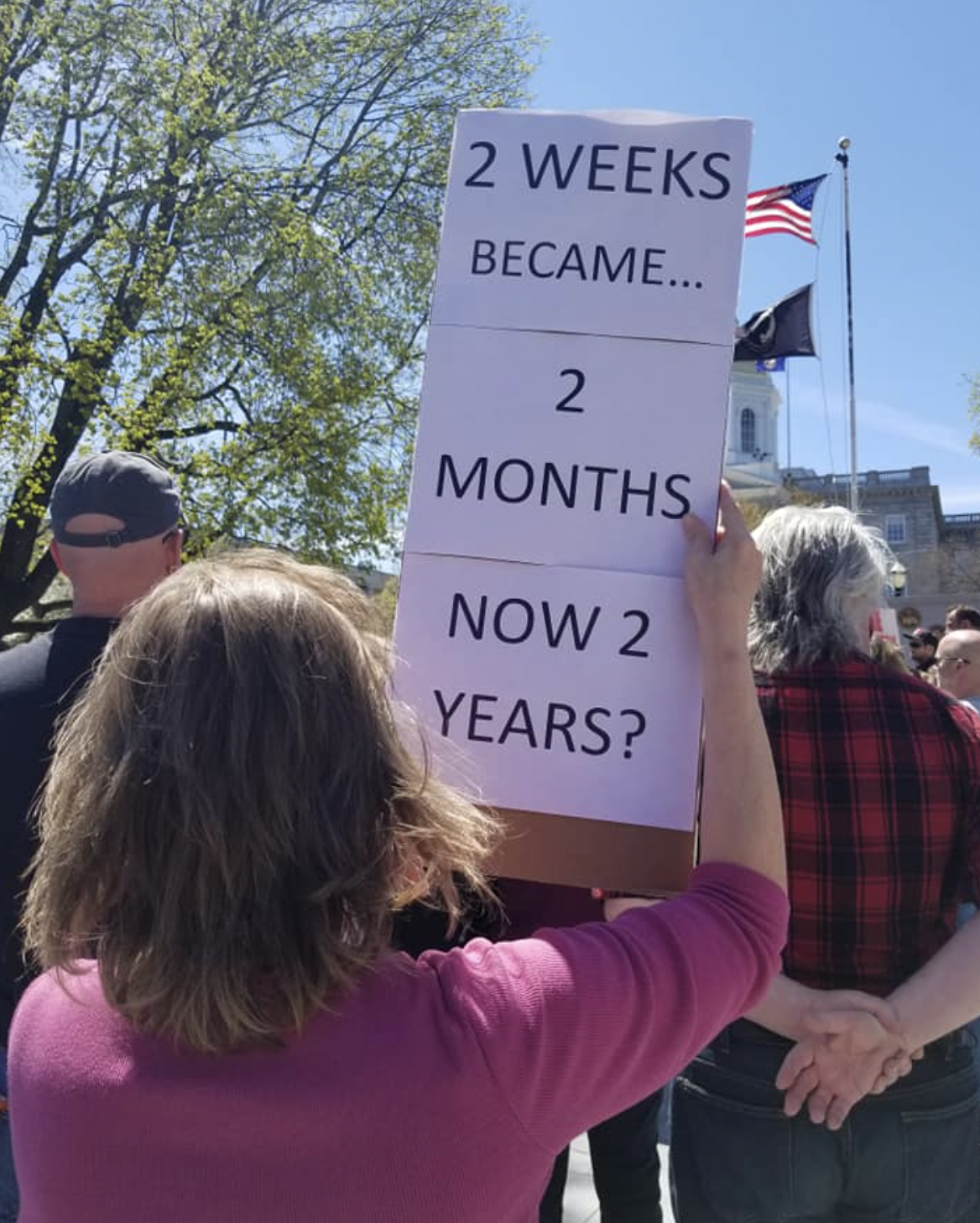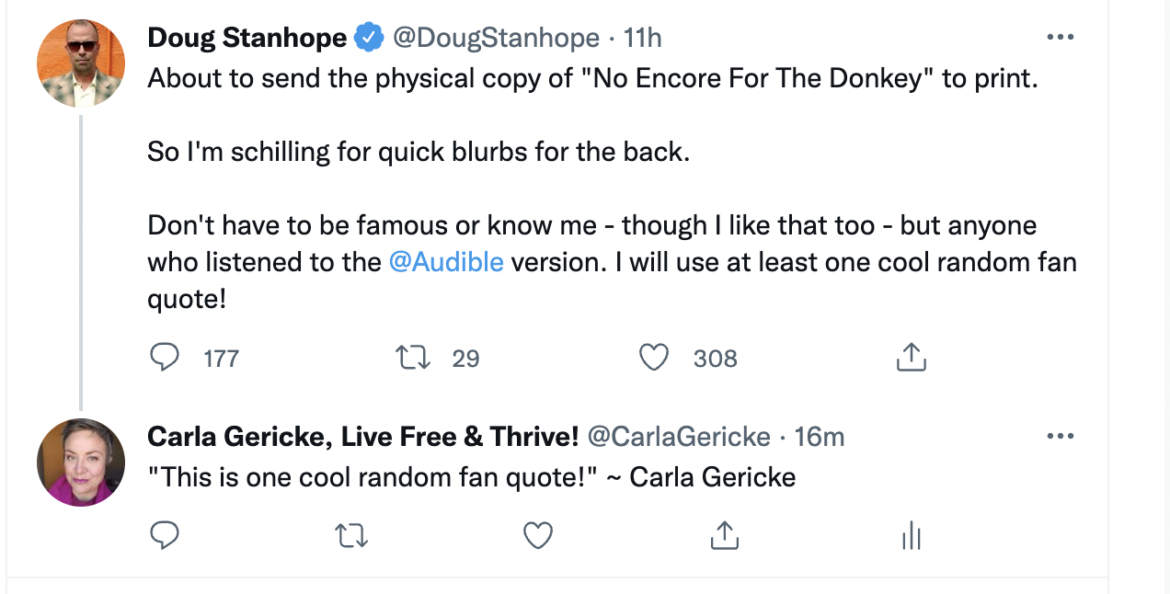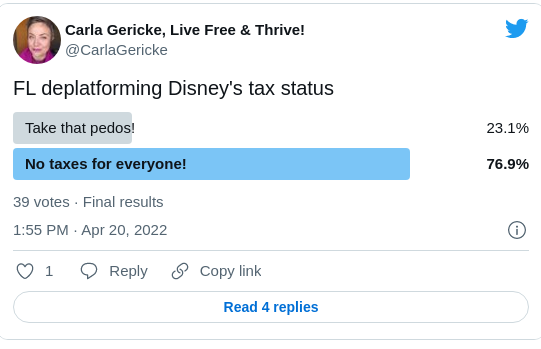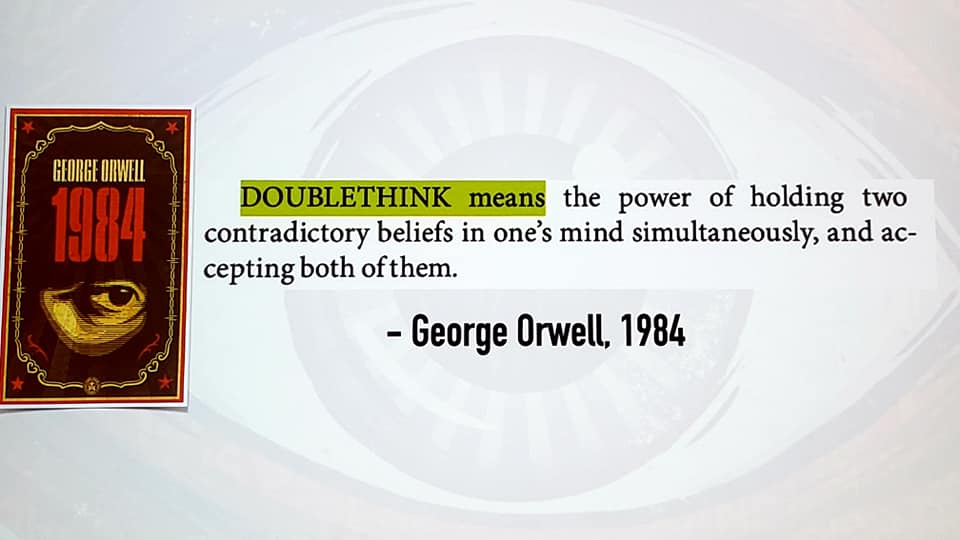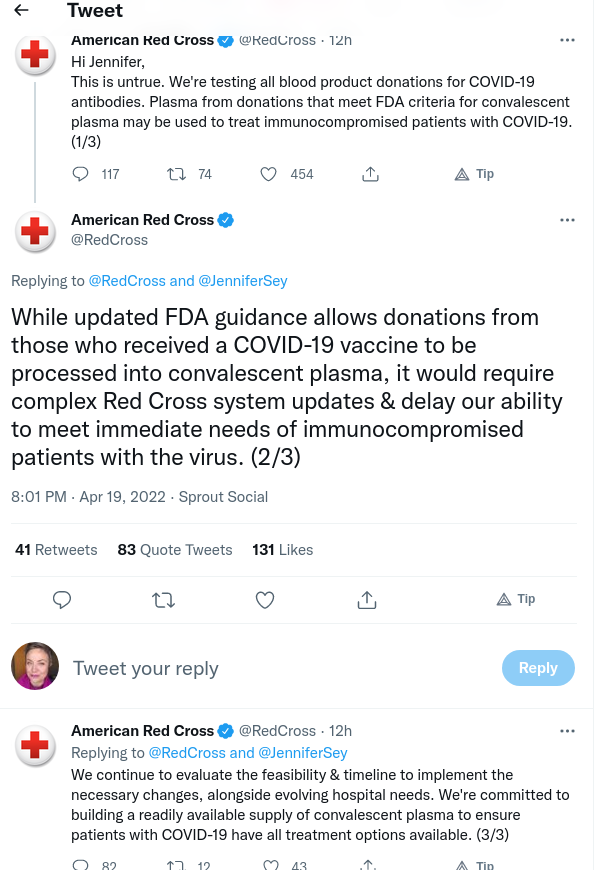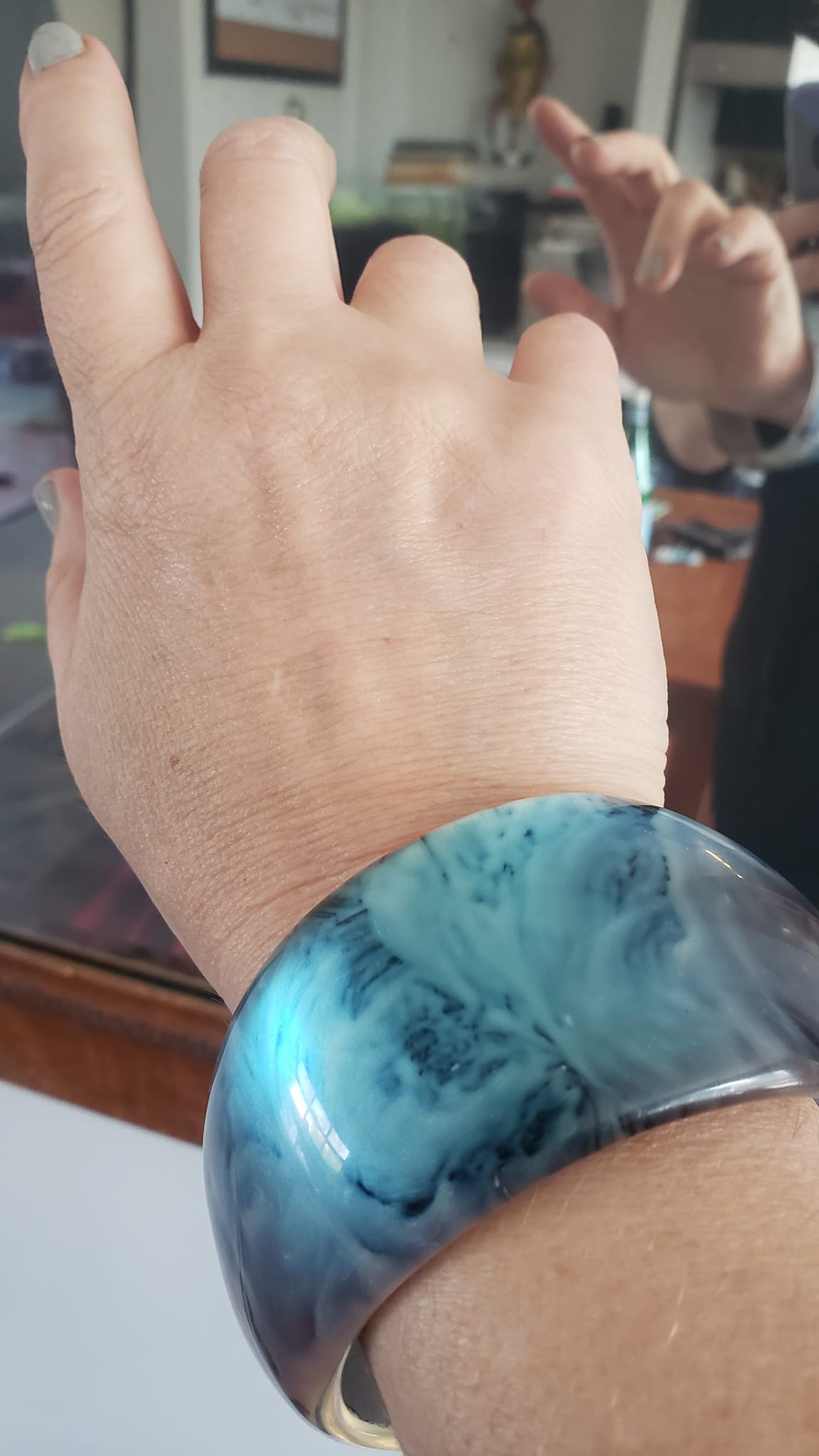A reminder on this Saturday morning: #LiveFreeAndThrive!
YOU are the master of your destiny and YOUR CHOICES matter.
If you’re dissatisfied with an aspect of your life, be honest with yourself. Write it down and then jot down 3 things you could immediately start to do to change.
For example: say you want to eliminate unnecessary carbs from your life. Three things you could do is:
1. Purge your pantry: Get rid of those snackies that don’t serve your health. Eliminating the temptation is huge.
2. Buy an assortment of nuts (NOT PEANUTS, that’s a legume) for hand-to-mouth cravings.
3. Substitute a salad or, less ideal but still better, sweet potato fries instead of spuds at restaurants.
Suddenly, changing doesn’t seem insurmountable.
For the next week, implement your three steps for the change you are working on. Then find another change you want to implement and repeat!
Keep adding, don’t backslide on forward momentum, and soon, you will look at your life and say, “Wow! Putting your mind to something, breaking it down into smaller steps, and then just doing ‘the little things,’ WORKS!”
Feel free to share if you’re working on something and how you’re going about it. We can all learn from each other and help hold each other accountable. Galt speed on your journey to your best YOU!

